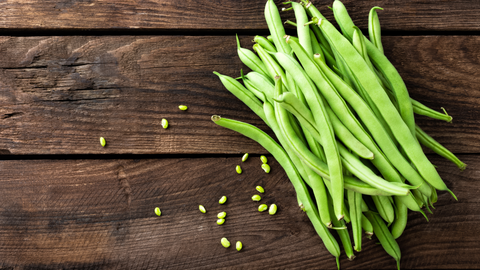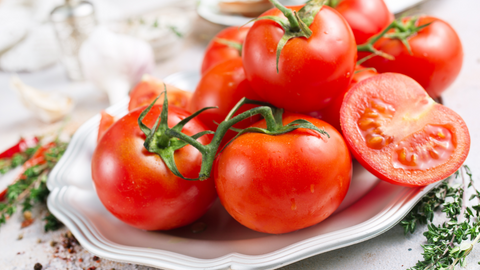Peppers are a diverse group of fruits (yes, that’s right, fruits!) that come in various shapes, sizes, colors, and flavors, ranging from sweet to intensely spicy. They belong to the Capsicum genus and are a staple in many culinary traditions worldwide. There are all kinds of peppers:
- Sweet Bell Peppers: These come in vibrant colors like red, yellow, green, and orange. They are mild and sweet, making them perfect for salads, stir-fries, and roasting.
- Poblano Peppers: These mild chili peppers are typically used in Mexican cuisine. When dried, they are known as ancho peppers and have a rich, slightly sweet flavor.
- Jalapeño Peppers: These are moderately spicy and often used fresh in salsas, stuffed for appetizers, or pickled.
- Habanero Peppers: Known for their intense heat, habaneros add a fiery kick to dishes. They are commonly used in hot sauces and spicy marinades.
- Black Pepper: Unlike the peppers mentioned above, black pepper comes from the Piper nigrum plant. The dried fruit is used as a spice and seasoning, known for its pungent flavor and aroma.
So, why are peppers not allowed on the Autoimmune Protocol diet?
On AIP, peppers are not compliant because they belong to the nightshade family (Solanaceae). Nightshades, including tomatoes, potatoes, eggplants, and all varieties of peppers, contain compounds like alkaloids, glycoalkaloids, and lectins. These substances can potentially exacerbate autoimmune conditions by increasing intestinal permeability and triggering inflammation.
What is a Nightshade?
Nightshades are a group of plants that produce alkaloids, which can be toxic in high concentrations. While most people can consume nightshades without issue, those with autoimmune diseases may find that these compounds irritate their digestive systems and worsen their symptoms. The AIP diet eliminates nightshades to help reduce inflammation and promote healing.
Pepper Substitutions for the AIP Diet
If you are giving up peppers, here are some great substitutions:
- Carrots: Sliced or diced carrots add a sweet and crunchy texture to dishes. They are excellent for stir-fries, soups, and salads.
- Zucchini: This versatile vegetable can be chopped, spiraled, or grated to mimic the texture of peppers in various recipes. It works well in casseroles, salads, and stir-fries.
- Beets: Cooked and diced beets offer a sweet, earthy flavor and a vibrant color to dishes. They can be roasted, pickled, or used in salads.
- Radishes: When cooked, radishes lose some of their peppery bite and become milder. They can be used in place of peppers in roasted dishes and stews.
- Cucumbers: For cold dishes like salads and salsas, cucumbers provide a refreshing crunch. They are mild and can be easily seasoned to suit various flavor profiles.
Peppers are amazing, but they can cause major inflammation in our bodies. For those of us on AIP or simply looking to reduce inflammation, skipping peppers can be a great thing!



